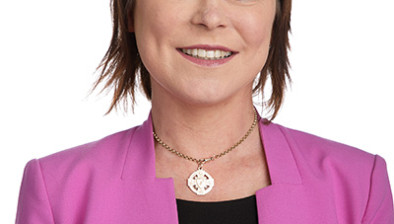Most in-house women lawyers see gender pay gap as an issue in their industry

Vanessa Byrne
More than two-thirds of women in-house lawyers believe the gender pay gap is an issue in their industry, according to a new survey by Mason Hayes & Curran (MHC).
The proportion has grown slightly since the law firm’s previous survey a year earlier, but nearly as big a proportion of men (62 per cent) disagree.
Of those who saw the gender pay gap as an issue, a majority of both men and women said the main cause is the role of family carer falling mainly to women instead of men.
Vanessa Byrne, partner at Mason Hayes & Curran, said: “2019 saw the introduction of new parental leave entitlements for employees in Ireland, but our survey data shows that there is still work to be done in order to encourage equality to begin at home with men taking leave at a similar rate as women to share the caring burden.”
The firm has also reported positive findings from its research, including an increase in the proportion of respondents who reported that more than half of the senior roles in their organisation were filled by women.
In the first survey conducted in 2018, just 11 per cent of respondents said that was true, with the figure rising significantly to 18 per cent in 2019.
Both men and women responding to the survey saw the publication of gender pay gap data as a positive development, but have raised concerns about the readiness of organisations for the introduction of an anticipated new mandatory reporting law.
Just 23 per cent reported that their organisation had already carried out a gender pay gap analysis, only a slight increase on 21 per cent in 2018.
The majority of respondents said that greater internal pay transparency and clearer communication from management on how pay and bonuses are determined would be the most effective ways to address the gender pay gap.
Ms Byrne said: “There are now more practicing female lawyers in Ireland than male. This year’s results show that, despite these higher volumes of women entering the legal profession, they are still likely to encounter a pay penalty if the role of family carer falls on their shoulders.
“The publication of gender pay gap data, while by no means perfect, will shine a light on where inequalities may exist and encourage companies to formulate a plan around narrowing the gap.”








